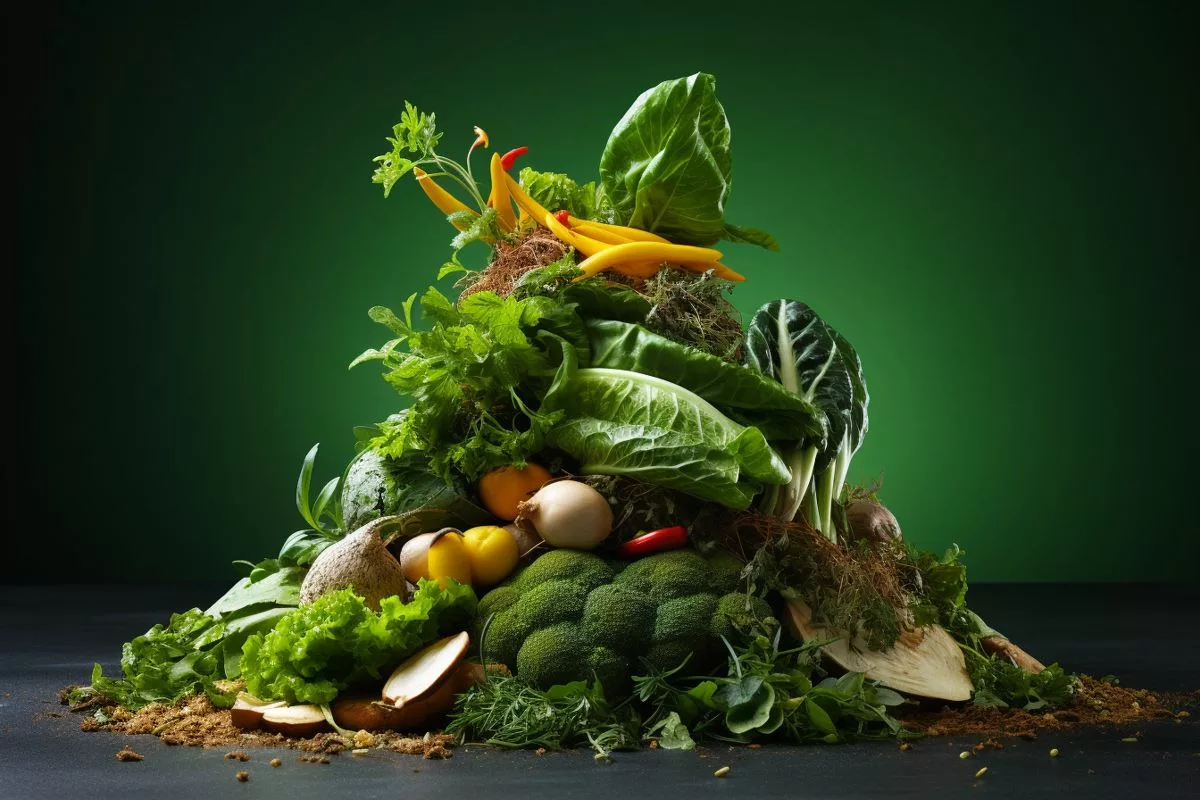Strengthening Local Governance and Service Delivery
President Cyril Ramaphosa’s upcoming public engagements will encompass diverse aspects of governance, including enhancing service delivery, attending international sports events, and fostering economic partnerships. These endeavors illustrate the President’s dedication to forging stronger ties within South Africa and beyond its boundaries.
On October 27th, President Ramaphosa will lead a supervisory visit to Emfuleni Local Municipality in Gauteng. This region, encompassing Vereeniging, Vanderbijlpark, Sharpeville, Sebokeng, Boipatong, among others, holds significant economic and social importance, particularly due to the presence of the Vaal River. The President will be accompanied by ministers, provincial and municipal leaders in evaluating the successes and challenges in service provision.
Emfuleni Local Municipality has experienced difficulties in delivering water services, leading the Department of Water and Sanitation to step in with upgrades to crucial pipelines and pump stations. This visit forms part of the District Development Model (DDM), a program designed to foster cooperative governance through integrated intergovernmental planning and budgeting. Additionally, the President’s visit aligns with his commitment to the “Leave No One Behind” series of Presidential Izimbizo, involving visits to all provinces.
The President’s schedule encompasses touring a water treatment plant, wastewater treatment facility, and a highway pump station, followed by a consultation with local stakeholders. Media pool arrangements and live streaming via government social media channels will ensure the public can stay informed about the event.
Supporting National Unity and Addressing Parliamentary Concerns
On October 27th, President Ramaphosa will head to Paris, France, to cheer on the Springboks in their Rugby World Cup final match against the All Blacks. The President’s presence at this event signifies the nation’s unity and pride, as he looks forward to celebrating the team’s potential second consecutive victory alongside captain Siya Kolisi, which would secure a historic fourth Rugby World Cup title.
Returning to Parliament on November 1st, President Ramaphosa will attend Finance Minister Enoch Godongwana’s presentation of the Medium Term Budget Policy Statement (MTBPS). This document outlines government priorities, macroeconomic forecasts, and fiscal frameworks for the next three years. On November 2nd, the President will provide answers to Questions for Oral Reply in the National Assembly, addressing subjects such as South African Reserve Bank accountability, safeguarding women and children against violence, and findings from Census 2022.
Enhancing International Economic Partnerships
On November 3rd, President Ramaphosa will host the 20th AGOA Forum in Nasrec, Johannesburg. This event serves as a crucial platform for the United States to build upon the achievements of the Africa Leaders’ Summit and further strengthen economic ties with Africa under the African Growth and Opportunity Act (AGOA). Presidents Joe Biden and Cyril Ramaphosa will engage in dialogue on shared priorities and investigate opportunities for deepening trade and investment relations with Sub-Saharan African nations.
The forum will gather representatives from the United States, AGOA-eligible countries, regional economic organizations, the private sector, civil society, and labor. Conversations will center on fostering resilient, sustainable, and inclusive economic growth and development. Additionally, the forum will feature the ‘Made in Africa Exhibition,’ which highlights various regional value chains and the diverse, expanding industries in Sub-Saharan Africa.
AGOA has been instrumental in promoting African exports to the United States and stimulating economic growth and development in the region. Extending AGOA beyond 2025 would encourage inward investment in Africa, providing mutual advantages for both the United States and African nations. This extension would also support the African Continental Free Trade Area (AfCFTA), covering 54 countries and 1.4 billion people.
South Africa has reaped significant benefits from AGOA, with trade under the act accounting for roughly 21% of the country’s total exports to the United States in 2022, increasing in value from $2.0 billion in 2021 to $3.0 billion in 2022. South Africa enjoyed a trade surplus of $8.0 billion in 2022, and AGOA has been estimated to generate 62,395 jobs, both directly and indirectly, in South Africa.
In conclusion, President Ramaphosa’s public engagements highlight his commitment to tackling governance issues, enhancing service delivery, and nurturing both domestic and international relationships. His active participation in these events demonstrates his dedication to a brighter future for South Africa and its global partners.








